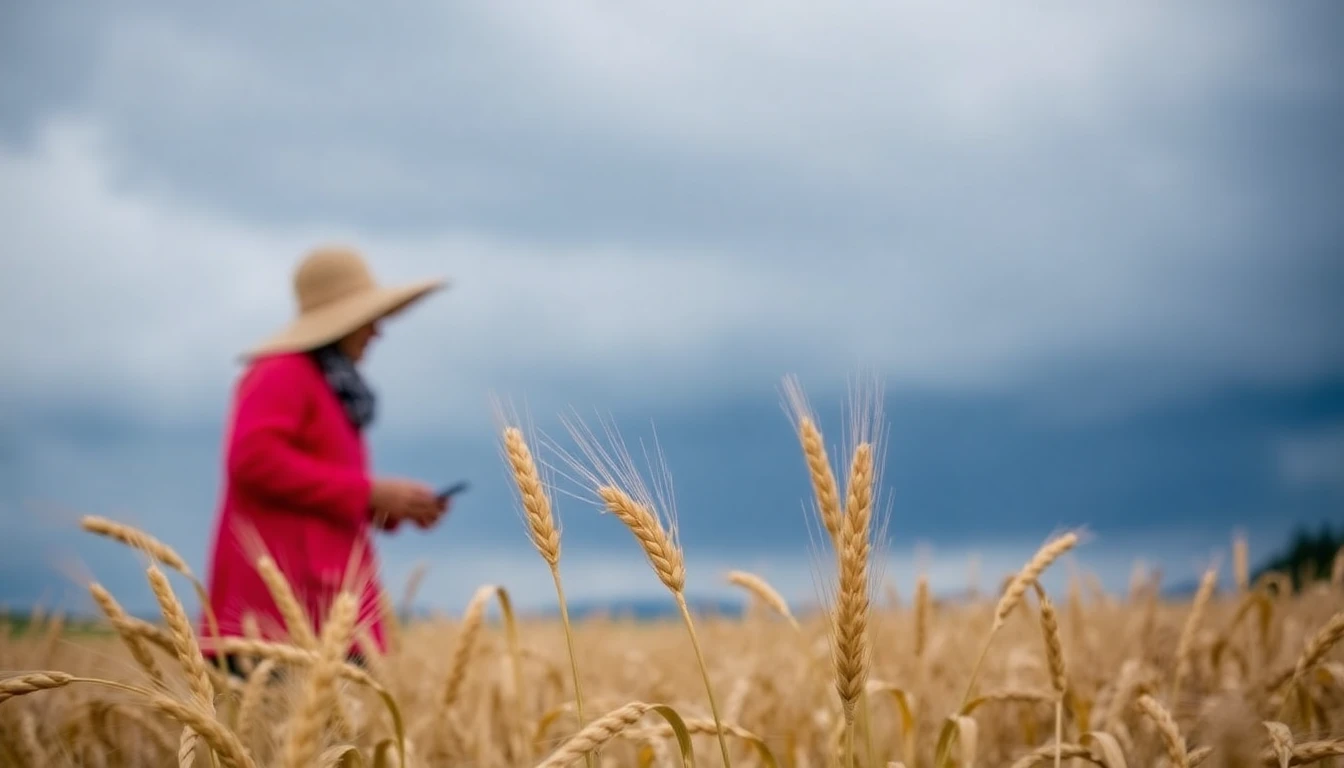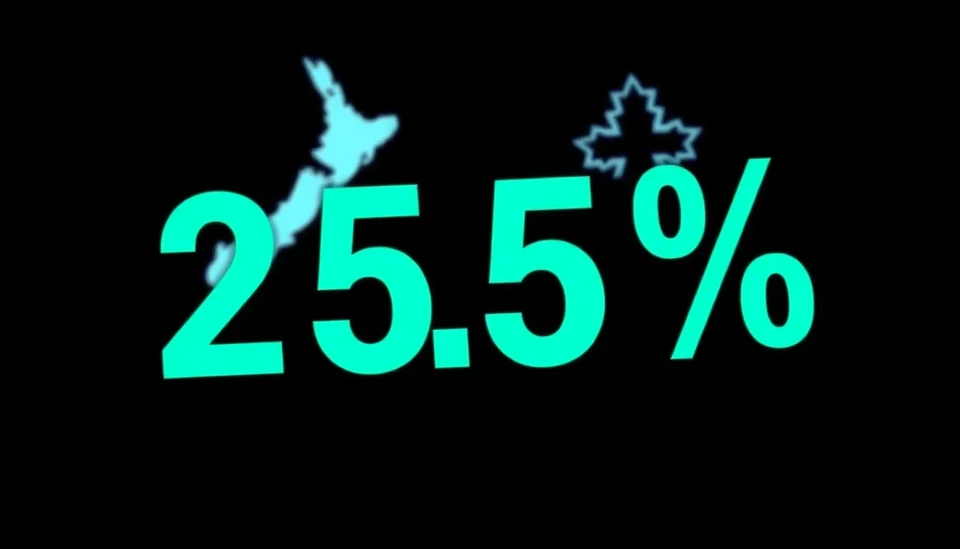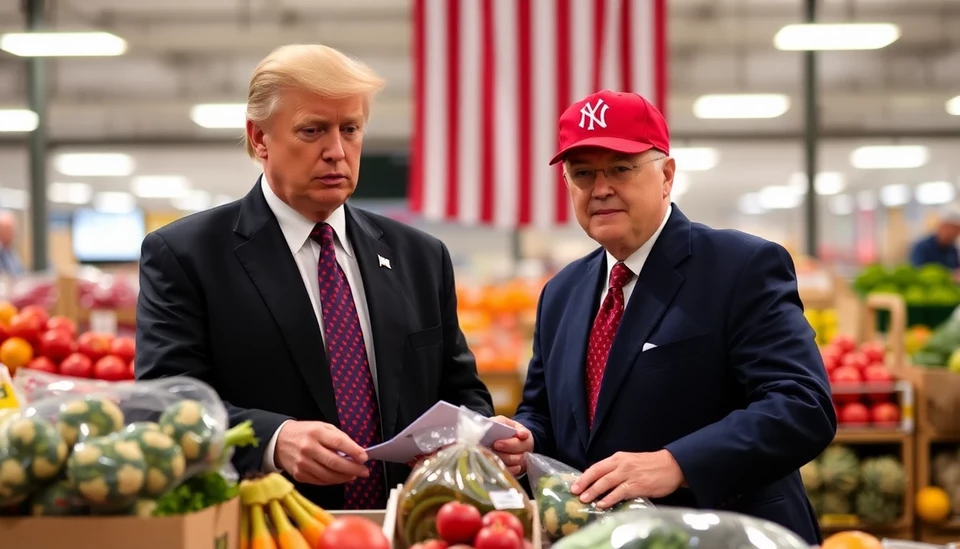
The prices of basic foodstuff commodities like wheat, coffee, and sugar have gone up considerably in the face of unfavorable weather conditions across major production regions.
The price hike is due to consecutive extreme weather conditions, like droughts, excessive rainfall, and untimely temperature fluctuations, which affected these two important crops. These growing misgivings as regards the stability of supplies are kindling fears of inflation and triggering economic imbalances in the world market.
Wheat is one of the staple foods for most of the billions in the world, and its production has taken a serious beating. The major producing areas in the United States, Canada, and Europe are all reporting smaller yields due to the prevailing dry spells and heat waves. This means that there will be less supply, and the price of wheat will continue to go up, which guarantees trouble for consumers and businesses alike that rely on its by-products.
The coffee-growing areas of Brazil, the largest producer of the beverage in the world, have been facing extreme drought followed by surprising frost that devastated the coffee plantations in key producing areas; this has consequently pushed the prices to levels never experienced within the last ten years. The scenario has brought panic into the industry due to probable prolonged supply breakdown and implications in some economies that depend highly on coffee.
The sugar market also confronts similar climatic challenges; erratic monsoon rains hinder harvests in countries like India and Thailand, positioning these countries as two of the largest producers of sugar in the world. The resultant decline in supply has contributed to the rise in the cost of sugar that affects everything from confectionery products to soft drinks.
These increases in prices come when the global economy has started facing numerous challenges ever since recovering from the COVID-19 pandemic. Increased food prices may exacerbate these pressures of inflation, hence further reducing the ability of the central banks to balance economic stability with price control.
The farmers and the agricultural sectors are adapting to mitigate the impacts of climate change, but the immediate outlook is grim. High grocery bills affect every food consumer in the world, adding an extra pinch to household budgets. With nothing done to intervene and adapt well, analysts warn that such a situation could worsen and lead to protracted streaks of food price volatility.
These events underline the relationship existing between environmental conditions and food security, wherein each party prepares sustainable farming practices in a world with very highly unpredictable weather patterns; more resilient farming infrastructure will be introduced.
#FoodPrices #Wheat #Coffee #Sugar #WeatherImpact #GlobalEconomy #Inflation #Drought #ClimateChange #Agriculture
Author: Daniel Foster




